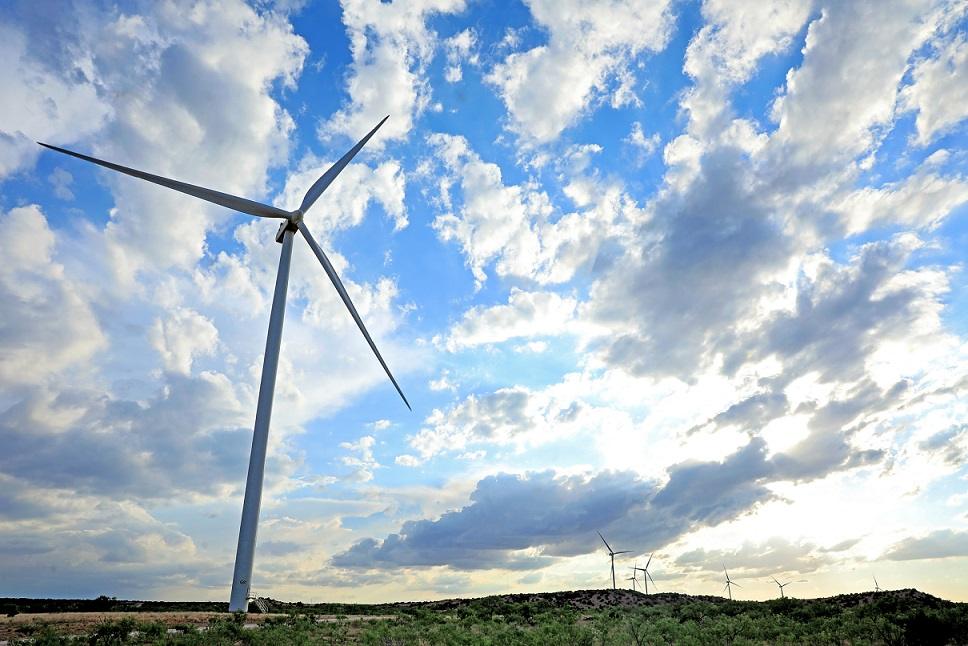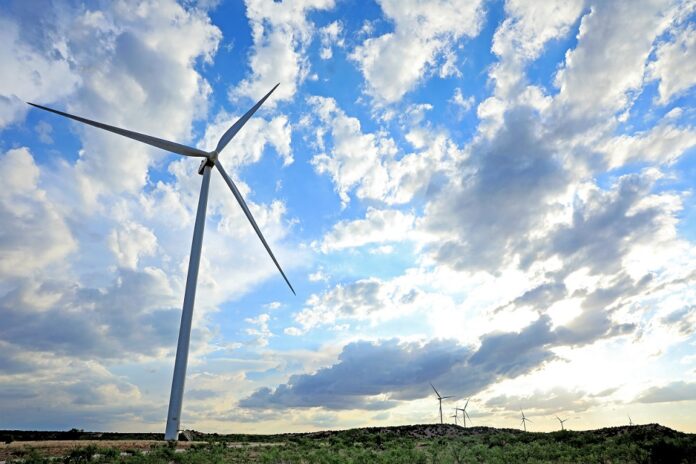
Energy Transition/ Investors/ Private Equity
Energy infrastructure investment manager Copenhagen Infrastructure Partners (CIP) announced that it has raised approximately €2 billion ($USD2.1 billion) at the final close of two new clean energy infrastructure funds, including
€750 million for CI Advanced Bioenergy Fund I (CI ABF I) and €1 billion, with an additional €200 million in co-investments for CI Green Credit Fund I (CI GCF I).
The Advanced Bioenergy Fund I focuses on investments in advanced bioenergy infrastructure, in particular in Europe. It enables institutional investors to contribute to the energy transition and participate in the decarbonization of hard-to-abate sectors through the production of advanced biofuels and biogas – while delivering cost-efficient and circular solutions for environmental and organic waste challenges. Investments will be dark green (as defined in the EU regulation Article 9) based on sustainable feedstock such as waste wood, agricultural biowaste, household biowaste and industrial biowaste. The offtake products include green gas and green fuels, such as renewable natural gas (RNG), liquified natural gas (bio-LNG), and second generation bioethanol.
CI GCF I focuses on providing private project finance debt with subordinated risk characteristics supporting renewable energy projects in Europe, North America, and selective jurisdictions in the Asia Pacific region. The project focus is on green- and brownfield projects in renewable energy infrastructure. The fund’s main focus will be on direct investments, but it also has the ability to participate in risk-sharing transactions. As of October 13, CI GCF I had already closed three investments and committed a total of €236 million. The fund has a portfolio of renewable energy infrastructure opportunities across a range of European countries as well as North America, and it continues to see a strong demand for this type of debt capital.
The announcement follows the first closeof CIP’s flagship fund, CI V, at €5.6bn in July 2023, which the firm said puts the fund on track to become the largest in the world of its kind, with a target fund size of €12 billion.
Jakob Groot, Partner and Co-Head of CIP’s Credit Platform with Partner Nicholas Blach-Petersen said:
“Reaching this milestone together with a strong group of global LPs allows us to continue identifying new investment opportunities, and work with strong developers on executing the renewable energy build-out. We believe private credit in the renewable energy space is a natural addition to the strong CIP fund portfolio, and it offers our LPs a new and attractive way to deploy capital into the energy transition while leveraging CIP’s strong skills and heritage.”
The funds’ investor bases are comprised of institutional investors, primarily pension funds, life insurance companies, sovereign wealth funds, family offices, asset managers, and corporate investors from across the Nordics, Europe, and Asia Pacific
Thomas Dalsgaard, partner in the Advanced Bioenergy Fund, said:
“We are pleased to welcome the new investors in CI ABF I and are delighted that investors generally share our confidence in the market for advanced bioenergy projects. There is a very strong market demand for green gas and green fuels and circular solutions which is provided by CI ABF I’s investment strategy and underpinned by robust regulatory drivers both in the EU and the US.”
On one project, CI ABF I has already taken final investment decision to begin construction, and exclusivity has been secured on several industrial-scale advanced bioenergy projects. The projects are located in Denmark, The Netherlands, Belgium, and Spain and are expected to produce Renewable Natural Gas (RNG) and biogenic CO2 from food waste, industrial waste and agricultural waste.
Susan Lahey
Susan Lahey started her career as a business reporter for The Kansas City Star and has worked as a freelancer covering business, investment, technology, sustainability and science for numerous publications. She has also worked as a writer and editor for publicly funded projects mandating environmental cleanup of a molybdenum mine in Northern New Mexico; and recovery and resiliency measures following Hurricane Maria in Puerto Rico. Recently she worked as Director of Communications for a European wave energy company.










